As of August 9, 2020, all owners of residential rental properties located in New York City and built before 1960—including singles and duplexes—MUST test and inspect ALL of their apartment units for lead within five years of the August 9 start date, per Local Law 31 of 2020. Owners must have a lead-based paint inspection completed in units that had or have a child 5 years of age or younger currently ‘residing’ at the property (per LL64 of 2019, 10 hours or more per week qualifies as ‘residing’), or moving in within 12 months of the leaseholder’s move-in. For those children residing in a property since August 9, 2020, these units must be inspected before August 9 of this year—2021—or owners risk violation.
These requirements were based on a city lead-based paint action level of 1.0mg/cm2, same as the federal lead-based paint action level. However, NYC incorporated a new definition of unsafe lead paint levels from the Department of Health and Mental Hygiene’s (DOHMH) regulations into the newest amendments to the law, seemingly only for the purpose of a DOHMH investigation into elevated blood lead levels. Meaning, a unit could have been completely and properly inspected for lead-based paint over the last 20 years, have a valid and current lead-based paint HPD exemption and still be given a DOHMH violation if any surfaces in the unit are found to be at 0.5mg/cm2—and even if the unit already has an existing and valid exemption that was issued at 1.0mg/cm2. Not to mention, at the time these changes to the law were proposed, there was no acceptable documentation to support that the instrumentation used for testing could even be accurate and precise at these very low levels, per the federal lead laws.
To Be or Not to Be 0.5mg/cm2
The City also incorporated language into amendments to LL1 that if or when the federal government issues a Performance Characteristic Sheet (PCS) for any lead paint detection instrumentation at the 0.5mg/cm2 level, the City can promulgate a change to the law and lower the lead-based paint action level even further, to 0.5mg/cm2.
In early 2021, HUD issued a PCS for an instrument to test at the 0.5 level—and to some in the industry, this sounds like NYC will officially change its action level from 1.0 to 0.5 mg/cm2 for all lead-based paint requirements—though we don’t know when. This raises some big questions: when do we inspect our units, if the tests are going to be potentially invalidated? What does this mean for property management in New York City? How does this affect the apartment units that have already been tested, and what does this mean moving forward? Based on our knowledge and research here is what we recommend:
Technically the clock has been ticking since August 9 of last year. Start with identifying those units with children 5 years of age or under and have those units tested for lead-based paint soon! We are not aware of any COVID-related extension of compliance or easing of these newest lead law requirements, and the deadline is coming fast. As for those units that have already been addressed at the 1.0mg/cm2 standard, based on current conversation, you will likely have to test them again upon turnover if/when the threshold goes to 0.5 mg/cm2.
Be Ready So You Don’t Have to Get Ready
HPD is now obligated to perform 200 property audits per year. Make sure all of your records are in order! Should HPD randomly audit you for an elevated blood lead level found on your property, a resident complaint, or because HPD is already on site, and you do not have the appropriate required regulatory lead paint related documents, HPD will begin to investigate more deeply, and potentially issue violations. This link offers a clear list of regulatory expectations or call author for guidance: https://www1.nyc.gov/site/hpd/services-and-information/lead-based-paint.page
To reiterate: I strongly recommend NYC property managers and landlords familiarize or re-familiarize themselves with the current NYC HPD & DOHMH requirements if their property is subject to these lead-based paint regulations. If you are not extremely confident that your property or properties are in compliance, begin a lead inspection program of your portfolio of pre-1960 properties sooner rather than later—especially those units where children age 5 or under reside.
If you need assistance with any or all of these items, reach out to an environmental lead-based paint consultant who can accurately and clearly explain where you need to be through all of these regulatory changes and processes, and provide the knowledge and step-by-step guidance to get your properties into compliance.n
Melissa Guagenti is Executive Director of LEW Corporation, and works with clients to prepare and assist with contracts and timely scheduling of their environmental needs. www.LEWcorp.com.



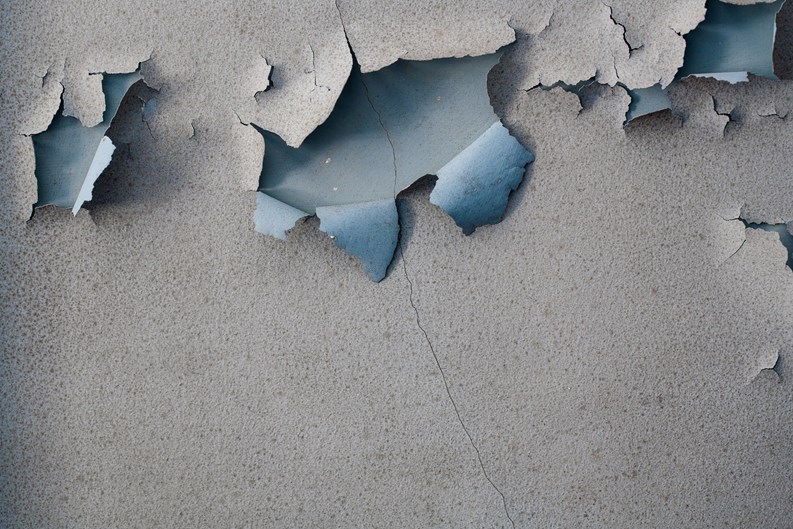
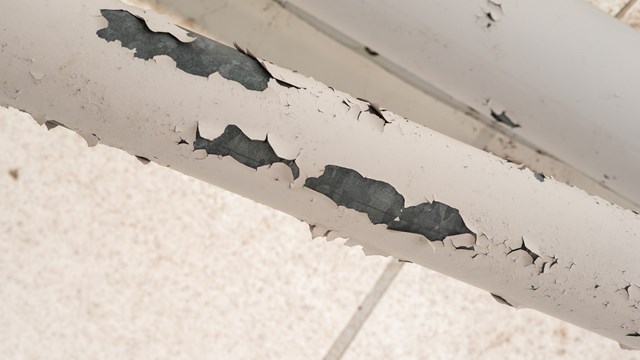
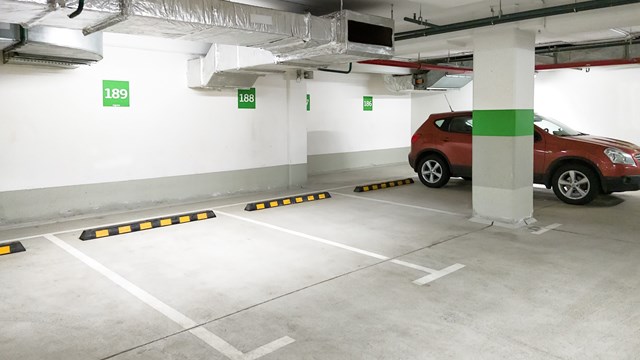
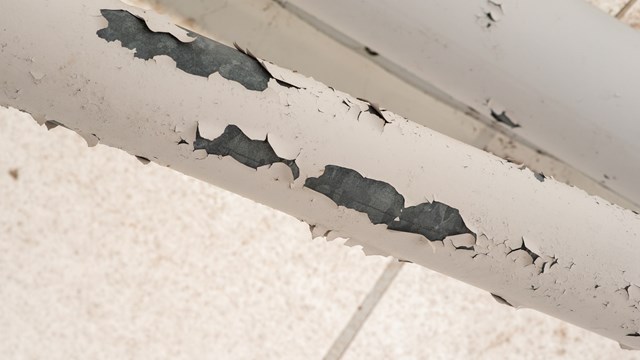

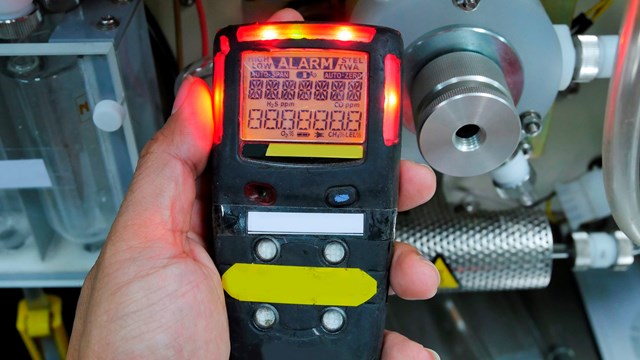
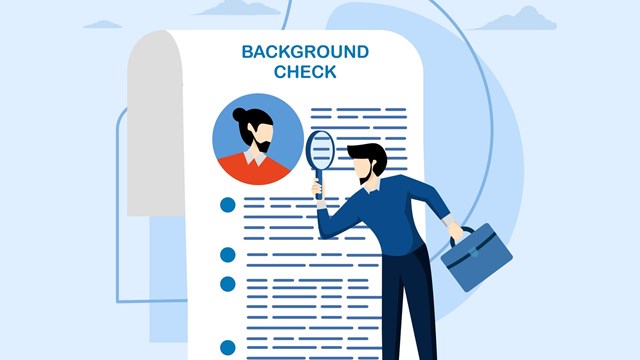
Leave a Comment